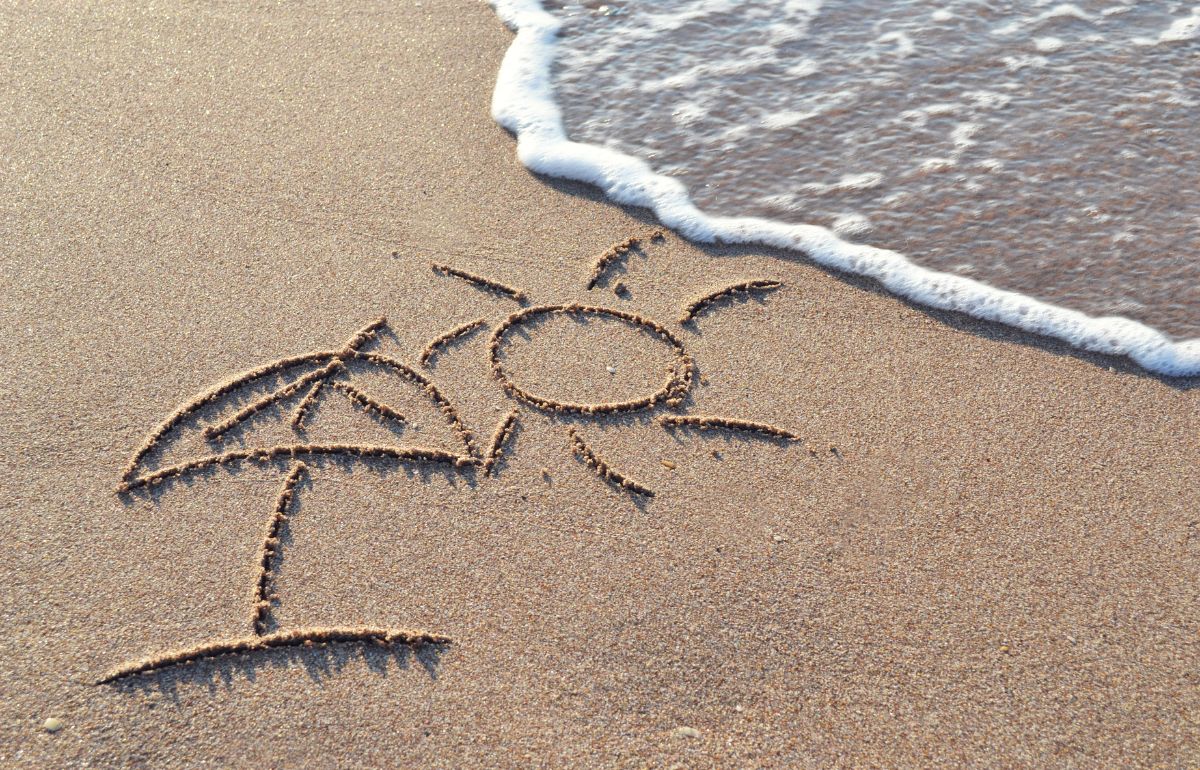Buying Second Home: What to Know Before the Notarial Deed (especially on vacation)
Home » Buying Second Home: What to Know Before the Notarial Deed (especially on vacation)

Buying a second home is often linked to desires, emotions, and the desire to enjoy a special place while on vacation.
But like any major estate decision, this step deserves attention and clarity.
In this article we guide you through tax, notary, documents and frequently asked questions to help you make informed choices, especially if you are about to sign under the umbrella.
📑 Index of the article
-
-
-
- Second home or first home? The differences that matter
- Why to consult the notary before purchase
- Frequently asked questions (in summer) about the second home
- Conclusion: a notarial act is much more than a formality
-
-
1. Second home or first home? The differences that matter
When considering a second home purchase, it is crucial to understand how the property is classified and what the tax consequences are compared to a “first home.”
A second home:
-
-
-
- Does not benefit from first home tax benefits
- It is subject to registration tax at 9 percent
- Mortgage and land registry taxes are higher
- Does not have deductions on mortgage or subsidized VAT (except in specific cases)
-
-
💡 Even if you will use it little or only on weekends, it is second home for the IRS if it is not a residence or habitual abode.
2. Why to contact the notary before purchase
A common mistake is to think that the Notary Public serves “only to sign the deed.”
In fact, its intervention starts much earlier and protects the buyer from risk and uncertainty.
📌 What the Notary does for you:
-
-
-
- Verify that the seller is the real owner
- Check mortgages, foreclosures or liens on the property
- Ascertains cadastral and urban planning compliance
- Assists in assessing the correct taxes
- Drafts or reviews preliminary contracts
-
-
Particularly during the summer, many purchases take place in a hurry or remotely: the Notary Public can also handle powers of attorney, remote signatures and certified digital deeds while maintaining full legal validity.
3. Frequently asked questions about buying a second home (especially in summer)
✳️ Can I deed the house to the children even if I pay for it?
Yes, but beware: an indirect donation may take place. In such cases, the Notary carefully weighs the property and tax consequences.
✳️ What happens if I buy with siblings or relatives?
It is important to properly define the shares and rights of each. The Notary can suggest customized formulas (joint ownership, use, bare ownership, etc.).
✳️ What if I sign on vacation?
You can also proceed remotely or by power of attorney, but it is important to involve the Notary Public before signing compromises or giving down payments.
4. Conclusion: a notarial act is much more than a formality
Buying a second home may seem like a light-hearted, leisurely decision … but it is an act with real, fiscal and lasting impacts.
The notary is the guarantor of the your peace of mind, even if you are signing between a dip and a sunset.
👉 Do you have doubts about buying your second home?
Contact us for a preventive notary consultation.
We will guide you step by step, even on vacation.
Learn about our humane and personalized approach on our About Us page.


